In a major move to accelerate the Macao Special Administrative Region (SAR)'s integration into the mainland's overall development, Guangdong Province on Wednesday launched the first rulebook on promoting an in-depth cooperation zone on Hengqin, an island located in Guangdong's Zhuhai city.
The rules, to be effective on March 1, represent the first such document on the zone, with a total of eight chapters and 66 articles. The rulebook covers a wide range of areas from governance to industrial development, as well as the livelihoods of Macao residents and their legal protection.
Experts described the launch of the rules as a milestone with a far-reaching impact and great significance. The rules lay the ground for more frequent person-to-person exchanges, they said.
Hengqin aims to offer convenience for Macao residents in all aspects from education and jobs to entrepreneurship, livelihoods and social services.
One of the major initiatives, known as the Hengqin New Neighborhood, a complex including primary schools, as well as elder and childcare services, is expected to be completed later this year and offer 4,000 homes for Macao residents.
The rules spell out tax cuts for enterprises and professionals intending to move into the zone, with eligible businesses to be given a 15 percent reduction in corporation tax, and "high-end talent" working in Hengqin to pay 15 percent of their incomes only.
For Macao residents working in the zone, the portion of their personal income tax burden that exceeds the tax burden of Macao will be exempted.
In 2021, China released a general plan for building a Guangdong-Macao in-depth cooperation zone in Hengqin, with some experts calling it the country's highest level of opening-up, in order to accelerate Macao's integration into the country's overall development.
The plan, jointly released by the Central Committee of the Communist Party of China and the State Council, the nation's cabinet, a 106-square-kilometer area of the zone is being set up as a "major deployment" by the central government to enrich the "one country, two systems" policy in practice, as well as provide important momentum for Macao's long-term development.
The zone is being set up as China is pushing to further open up its economy to overseas investors, and mounting efforts to enhance the economic development of the Pearl River Delta with regional cooperation initiatives, particularly the Guangdong-Hong Kong-Macao Greater Bay Area initiative.
As of Monday, the Chinese mainland had fully resumed normal travel with the Hong Kong and Macao SARs, in what is expected to be a strong boost for the two regions' economic development.








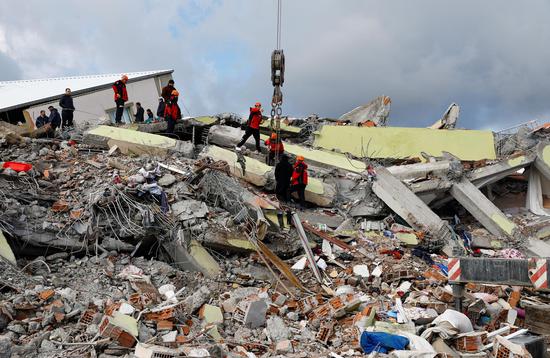
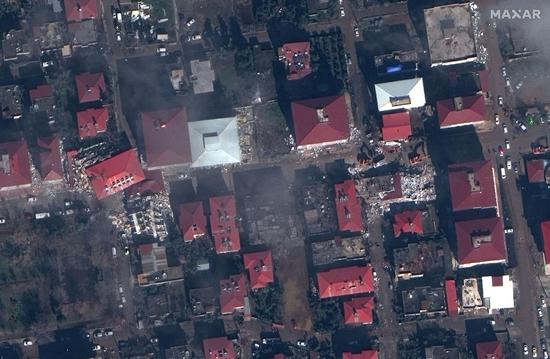
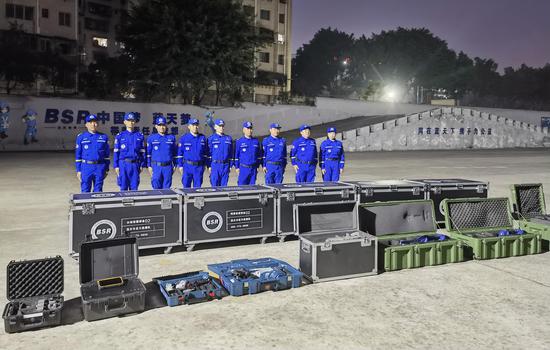



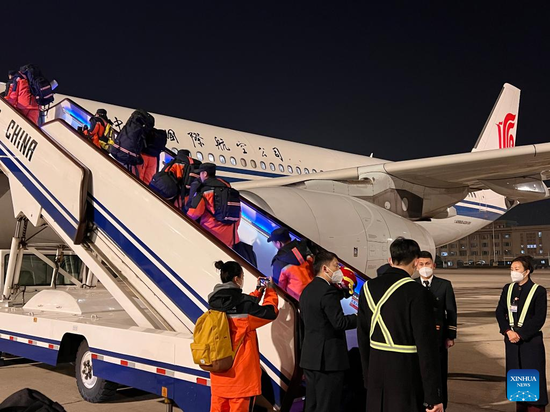
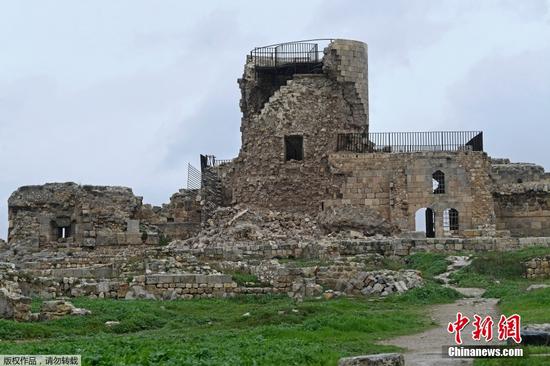
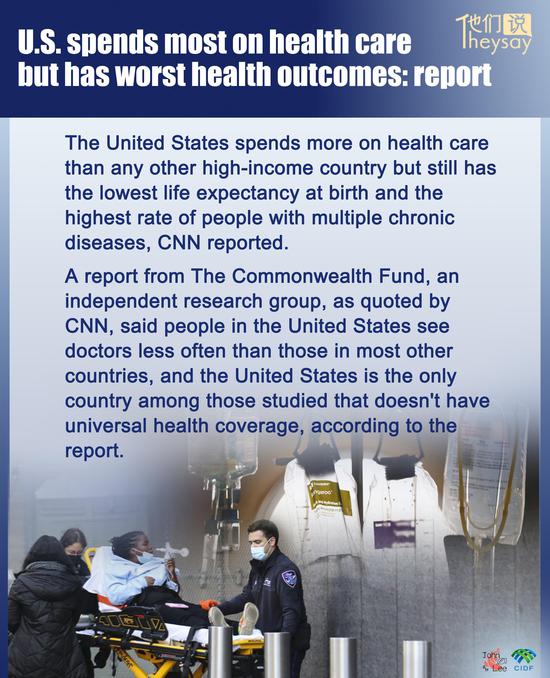
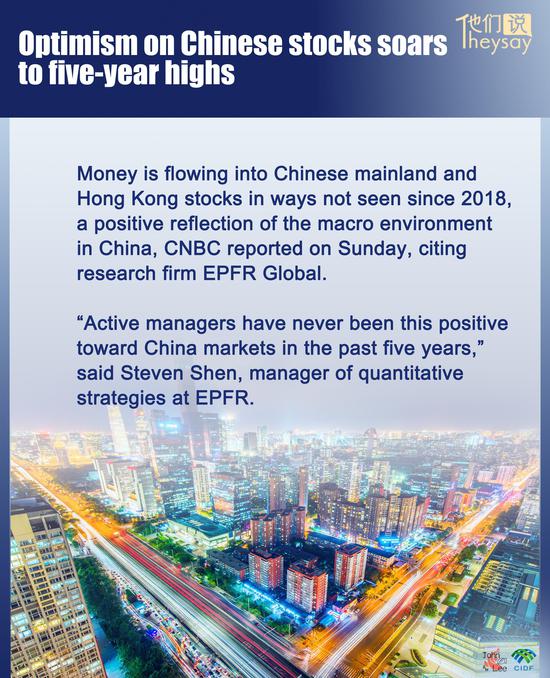
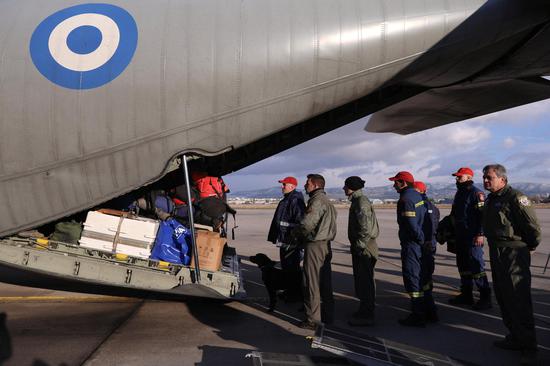
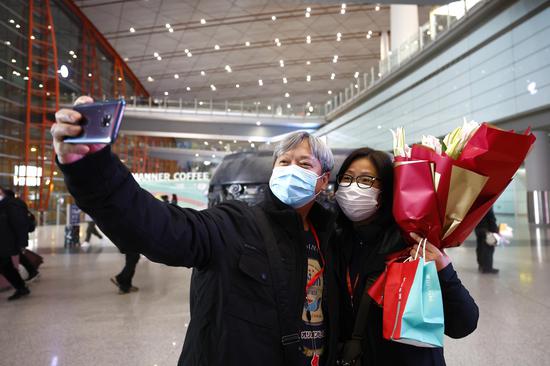

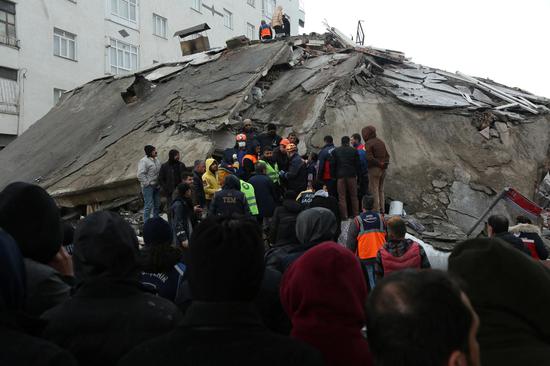

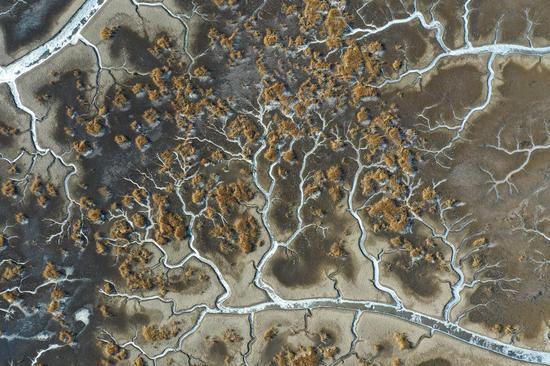
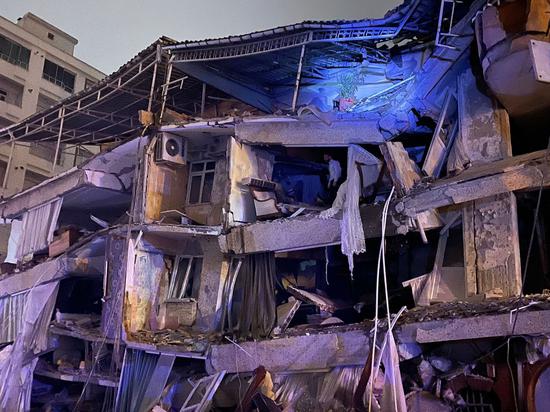
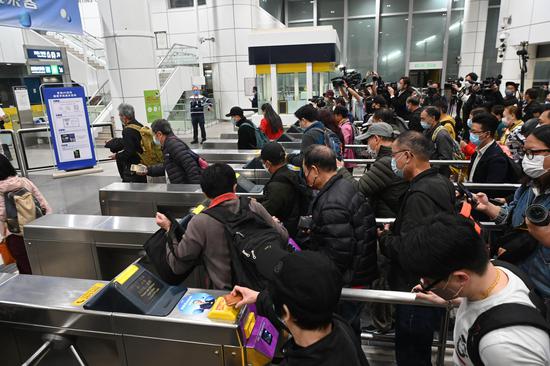


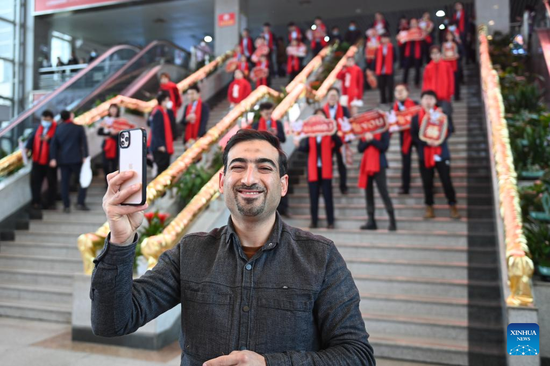

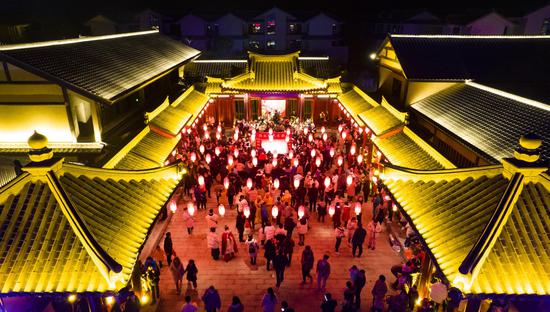
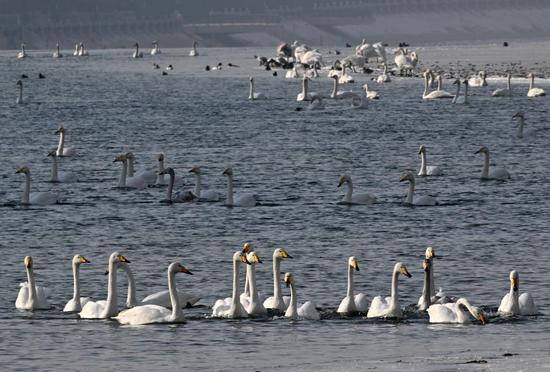
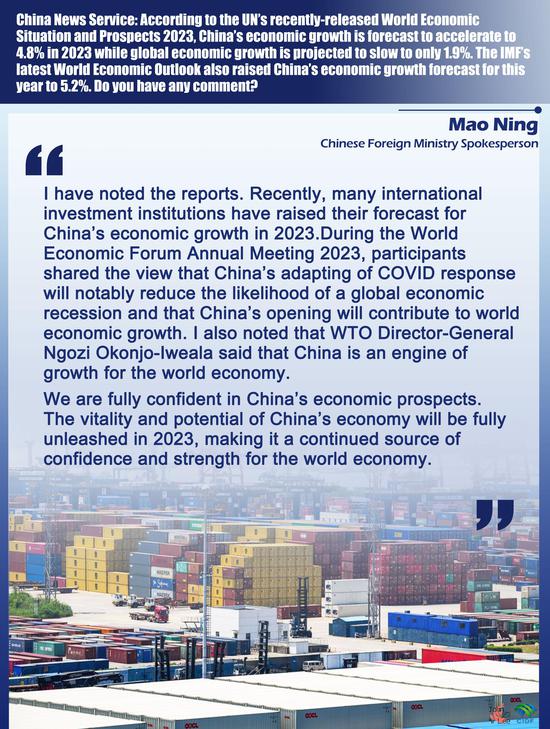
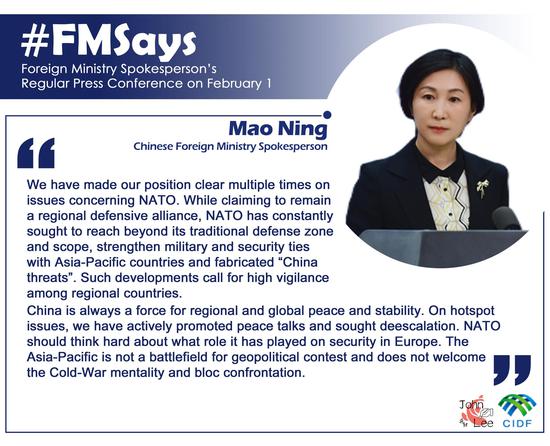

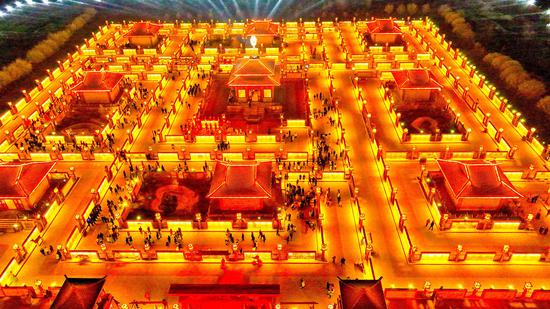
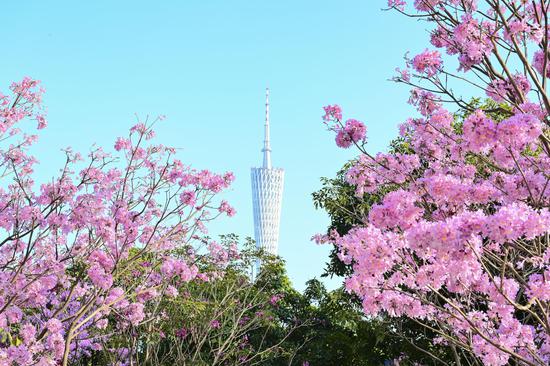

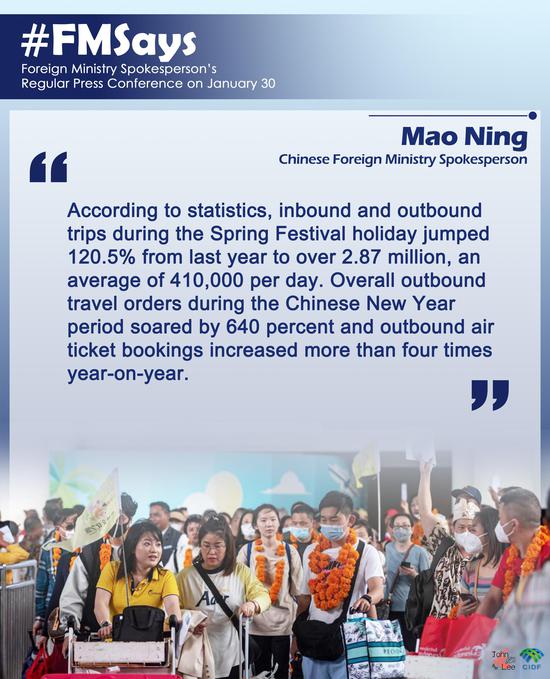


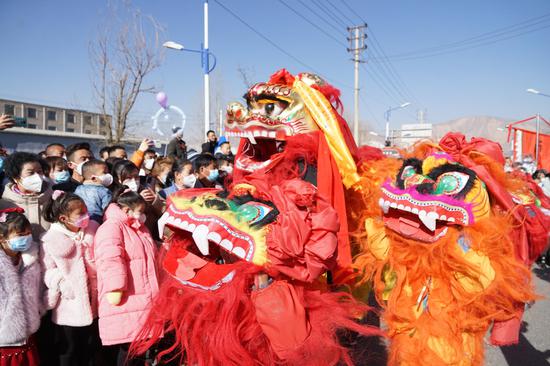
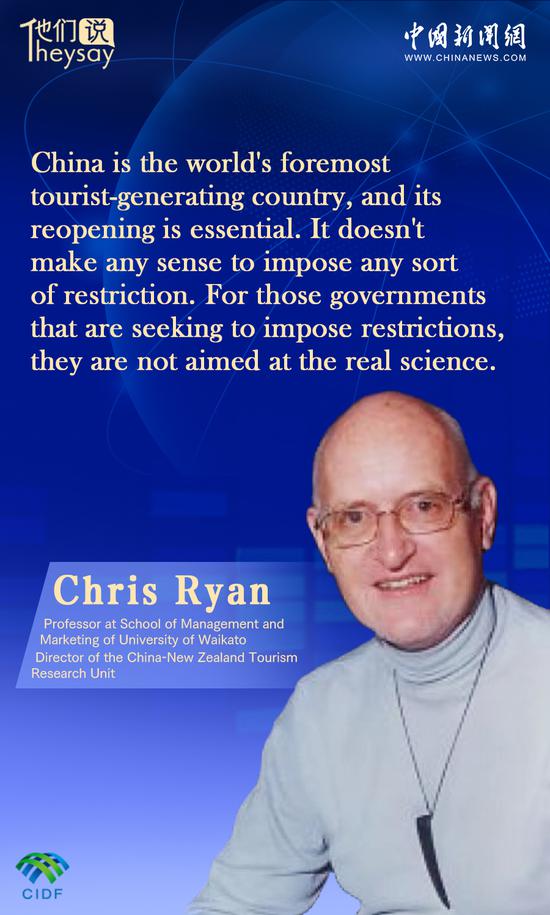
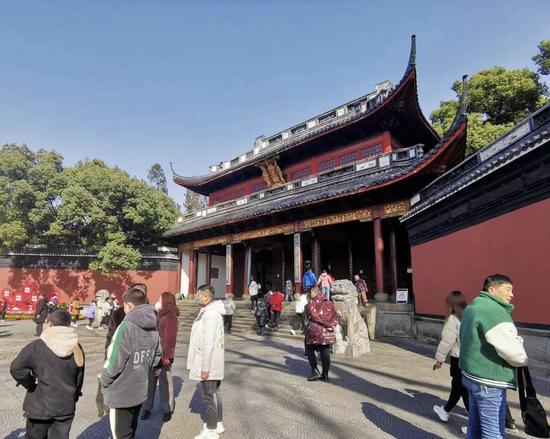
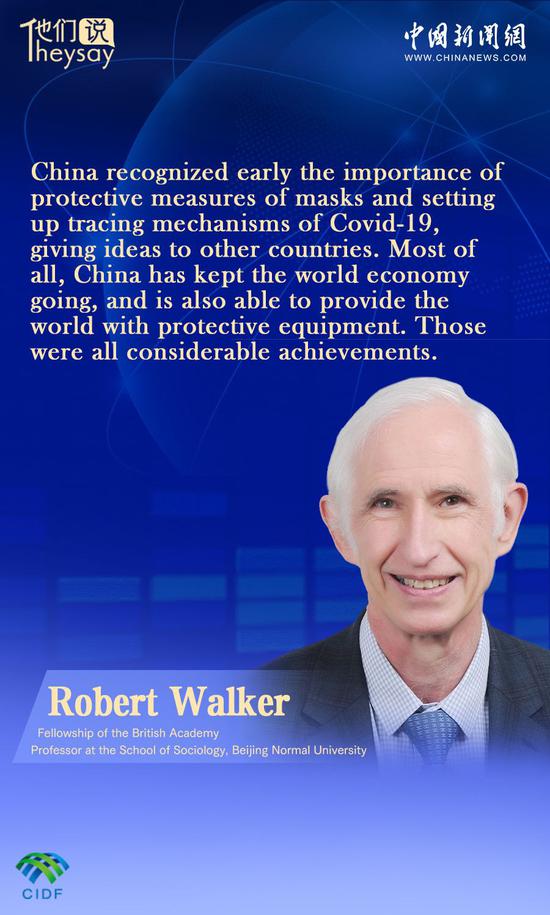



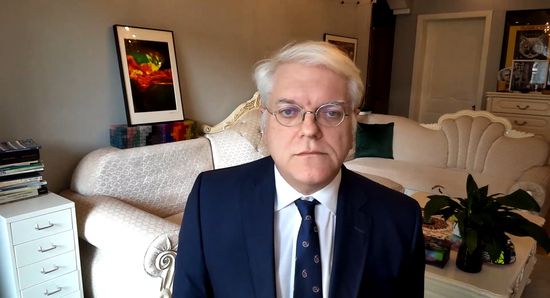

 京公网安备 11010202009201号
京公网安备 11010202009201号